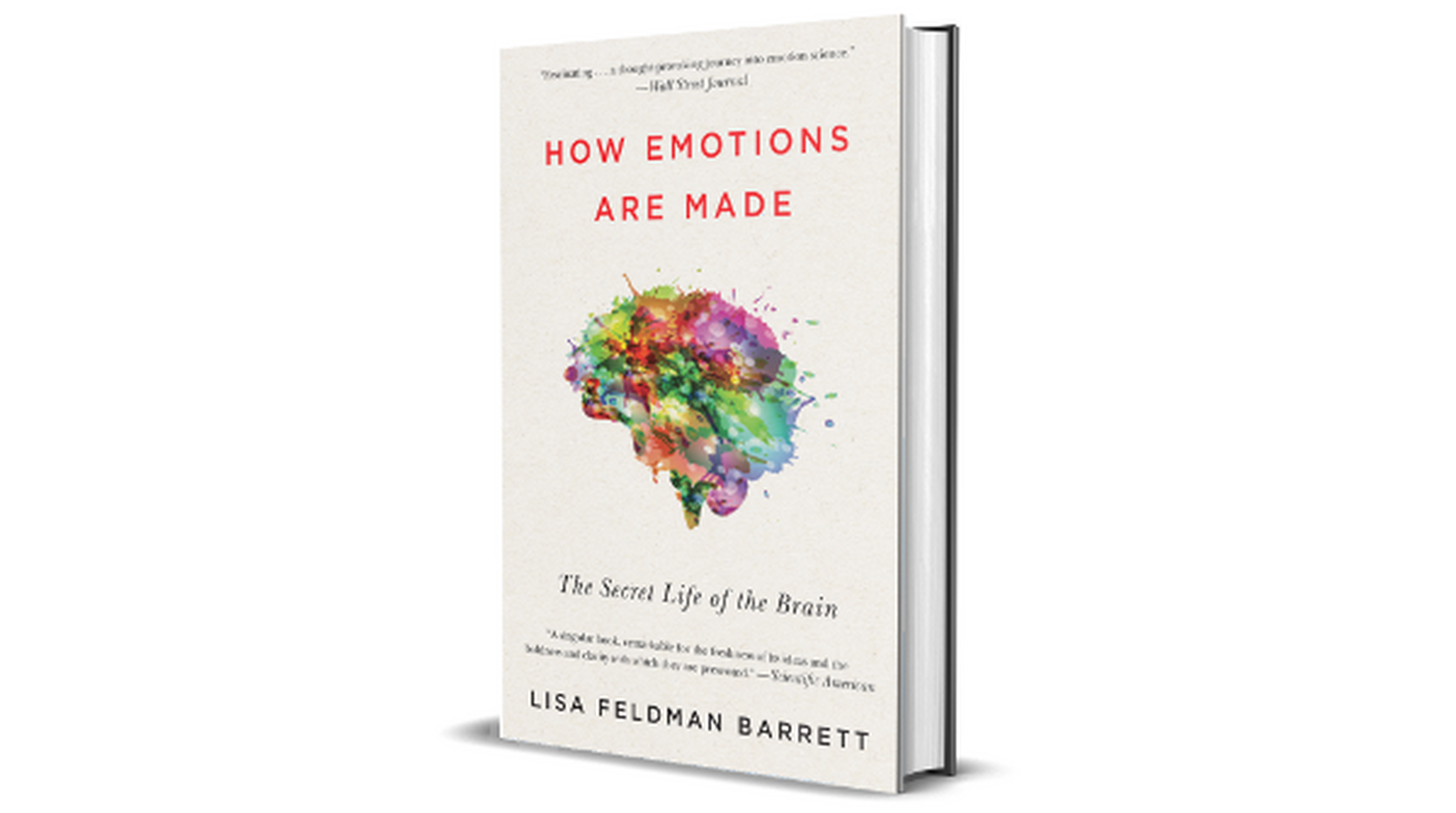065
Lisa Feldman Barrett
How Emotions Are Made
Today is a conversation with Dr. Lisa Feldman Barrett and we’re discussing how emotions are made!

Lisa Feldman Barrett, How Emotions Are Made
From time to time I have these moments where I assume those of you listening must just be think “What does THIS have to do with architecture”.……And as usual I can’t always give a direct and clear answer but I usually feel like I have a pretty clear hunch that it does.…and this case is no different.
Today we’re discussing how our emotions are made. As you’ll hear from Dr Lisa Feldman Barrett herself, emotions are not universal across all cultures and territories or even within individuals that share a culture. How we categorize, recognize and show emotions have changed across the centuries and it’s reasonable to assume they will continue to change going forward.
As architects designing spaces that incorporate continually evolving materials, technologies and well…all forms of sensory inputs that define and construct our space, it only seems important to realize that these variables might do more than affect our existing emotions, they might very well play a role in shaping future ones.
Dr Barrett was on a tight schedule so we only had the 30 min. Which of course means we didn’t discuss all of what I had hoped to. It’s funny, because I realize now that I’ve gotten into a rhythm of having these conversations for 45-60 min. Having to abbreviate this one into more of a Q and A may have given the talk a different feel. Who knows, you’ll have to be the judge, but I appreciate the time Dr Barrett was able to give.
Lisa Feldman Barrett
Lisa Feldman Barrett, PhD, is a University Distinguished Professor of Psychology at Northeastern University, with appointments at Harvard Medical School and Massachusetts General Hospital. In addition to the book How Emotions are Made: The Secret Life of the Brain, Dr. Barrett has published over 200 peer-reviewed, scientific papers appearing in Science, Nature Neuroscience, and other top journals in psychology and cognitive neuroscience
